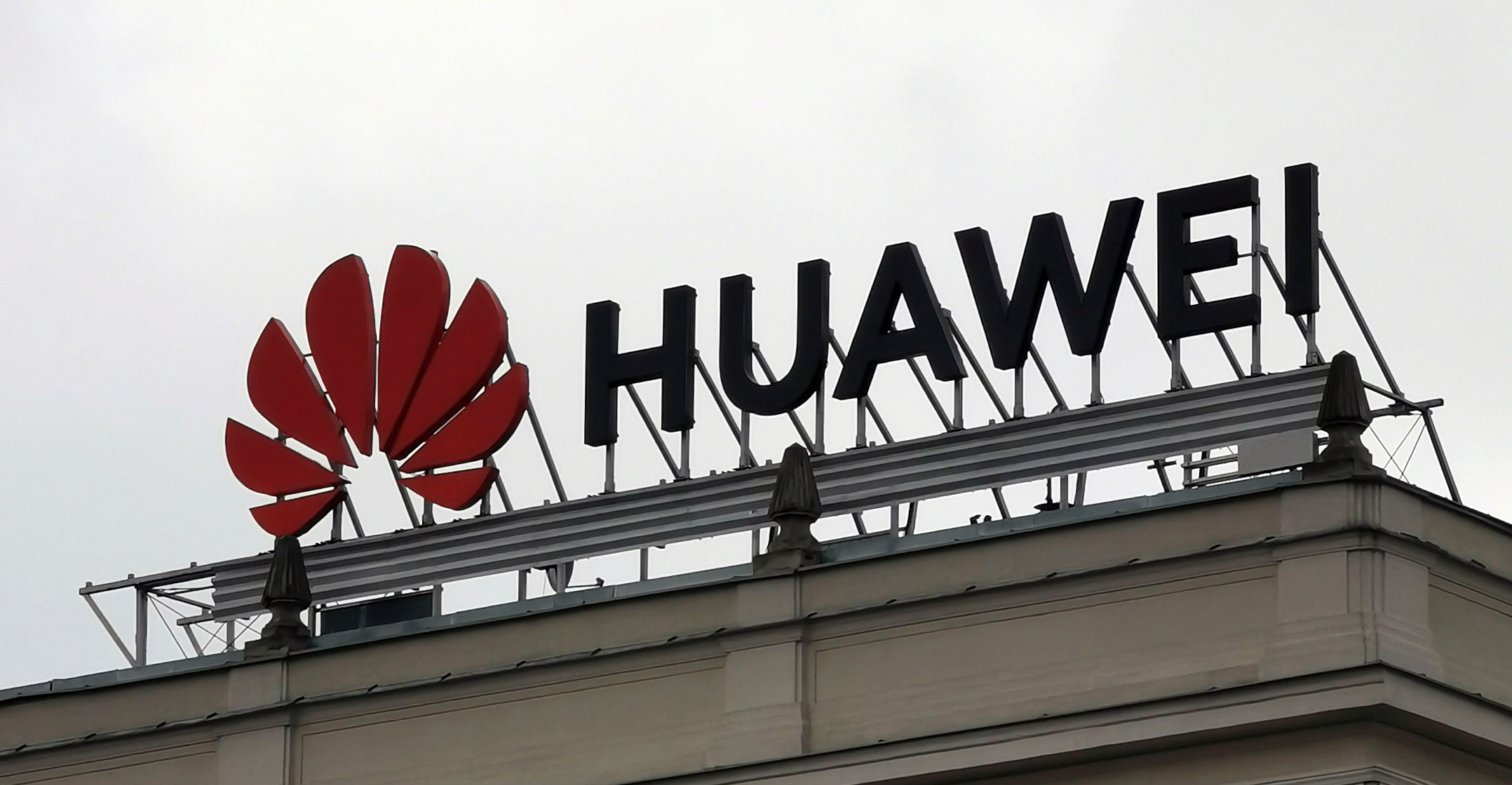 South Africa has asked a court to fine the local unit of China’s Huawei Technologies for allegedly breaking rules on hiring locals and to order the company to amend its practices, the labour department said on Friday.
South Africa has asked a court to fine the local unit of China’s Huawei Technologies for allegedly breaking rules on hiring locals and to order the company to amend its practices, the labour department said on Friday.
Approximately 90% of the company’s employees were foreign nationals, violating “employment equity” regulations which impose a limit of 40%, the department said, citing a 2020 audit.
The department said it had filed court papers seeking a fine of R1.5-million or 2% of the local firm’s annual 2020 turnover for the alleged rule breaches.
“We are requesting the honourable court to grant them an order that says they must implement an employment equity plan that will redress the status quo,” labour department advocate Fikiswa Bede said by phone.
In a terse statement, a Huawei spokeswoman said the company has “taken note of the media release by the department of employment & labour”.
“We are committed to continue engaging further with the department on our equity plan. Huawei is committed to complying with local laws and regulations.”
The department said Huawei was granted a permit in accordance with provisions of the immigration regulations requiring it to employ 60% South Africans and 40% foreign nationals. It said Huawei instead had been employing far above that number of foreign workers and had plans to hire more.
“The department has determined that its cause of action (sic) is clear and that all transgressions have been committed,” it said.
The move is the first time the South African government has made a legal challenge against the Chinese tech giant, which is dealing with US sanctions over allegations the company’s equipment could be used by the Chinese government for espionage. Huawei and Beijing have repeatedly denied the allegations.
Major player
However, the labour department has cracked down on a smaller Chinese firm over charges of poor working conditions and human trafficking at its factory in Johannesburg. That case is still in court.
Huawei is one of the major ICT players in South Africa, selling a wide range of products from mobile phones, smart devices and telecommunications equipment to solutions in cloud computing and data storage.
It has not publicly stated the number of people it employs in South Africa. — Nqobile Dludla and Promit Mukherjee, (c) 2022 Reuters




